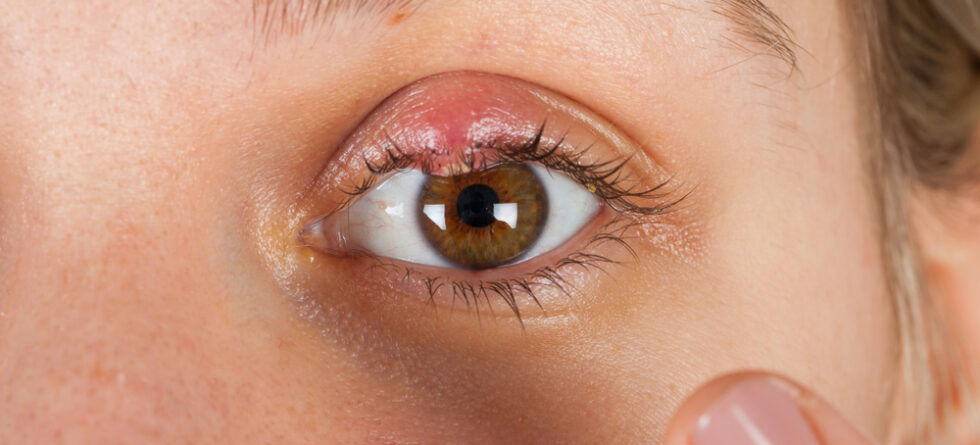Staphylococcus aureus (staph) is a type of bacteria commonly found on the skin and mucous membranes of humans. While it’s normal to have staph bacteria on the skin without experiencing any symptoms or infections, certain factors can increase the risk of developing staph infections, particularly in environments such as Brazilian Jiu-Jitsu (BJJ) gyms where close contact and skin-to-skin contact are common.
Here are some reasons why you may keep getting staph infections in BJJ…
- Skin-to-Skin Contact – BJJ involves close physical contact with other practitioners, which increases the risk of transmitting staph bacteria from one person to another. Skin-to-skin contact can facilitate the transfer of bacteria, especially if there are open wounds, cuts, or abrasions on the skin that provide a portal of entry for infection.
- Warm and Humid Environment – BJJ gyms often have warm and humid conditions, which can create an ideal environment for bacterial growth and proliferation. Staph bacteria thrive in warm, moist environments, making gym mats, equipment, and locker rooms potential reservoirs for bacterial contamination.
- Skin Injuries and Abrasions – Skin injuries, such as cuts, scrapes, mat burns, or friction injuries, are common in BJJ due to the physical nature of the sport. These skin abrasions provide an entry point for staph bacteria, increasing the risk of infection, particularly if proper wound care and hygiene practices are not followed.
- Shared Equipment and Surfaces – BJJ practitioners often share equipment, such as mats, gi (uniforms), towels, and water bottles, which can contribute to the spread of staph bacteria between individuals. Failure to properly clean and disinfect equipment and surfaces between uses can increase the risk of bacterial contamination and transmission.
- Poor Hygiene Practices – Inadequate personal hygiene practices, such as infrequent handwashing, wearing dirty or unwashed gi, and neglecting to shower after training, can contribute to the spread of staph bacteria and increase the likelihood of infection. Proper hygiene, including regular handwashing, showering after training, and cleaning and disinfecting equipment, can help reduce the risk of staph infections.
- Skin Conditions and Compromised Immune System – Individuals with pre-existing skin conditions (e.g., eczema, psoriasis) or weakened immune systems may be more susceptible to staph infections. Certain medications, medical conditions, or lifestyle factors that compromise the immune system can increase the risk of recurrent staph infections.
To reduce the risk of staph infections in BJJ, it’s essential to prioritize proper hygiene practices, including…
- Showering before and after training sessions
- Washing hands thoroughly with soap and water or using hand sanitizer
- Keeping cuts, scrapes, and abrasions clean and covered with sterile bandages
- Laundering gi and other equipment regularly and drying them thoroughly
- Cleaning and disinfecting gym mats, surfaces, and equipment after each use
- Avoiding sharing personal items such as towels, water bottles, and hygiene products
If you experience recurrent staph infections or have concerns about skin health, it’s important to consult with a healthcare professional for evaluation and appropriate treatment recommendations.




